
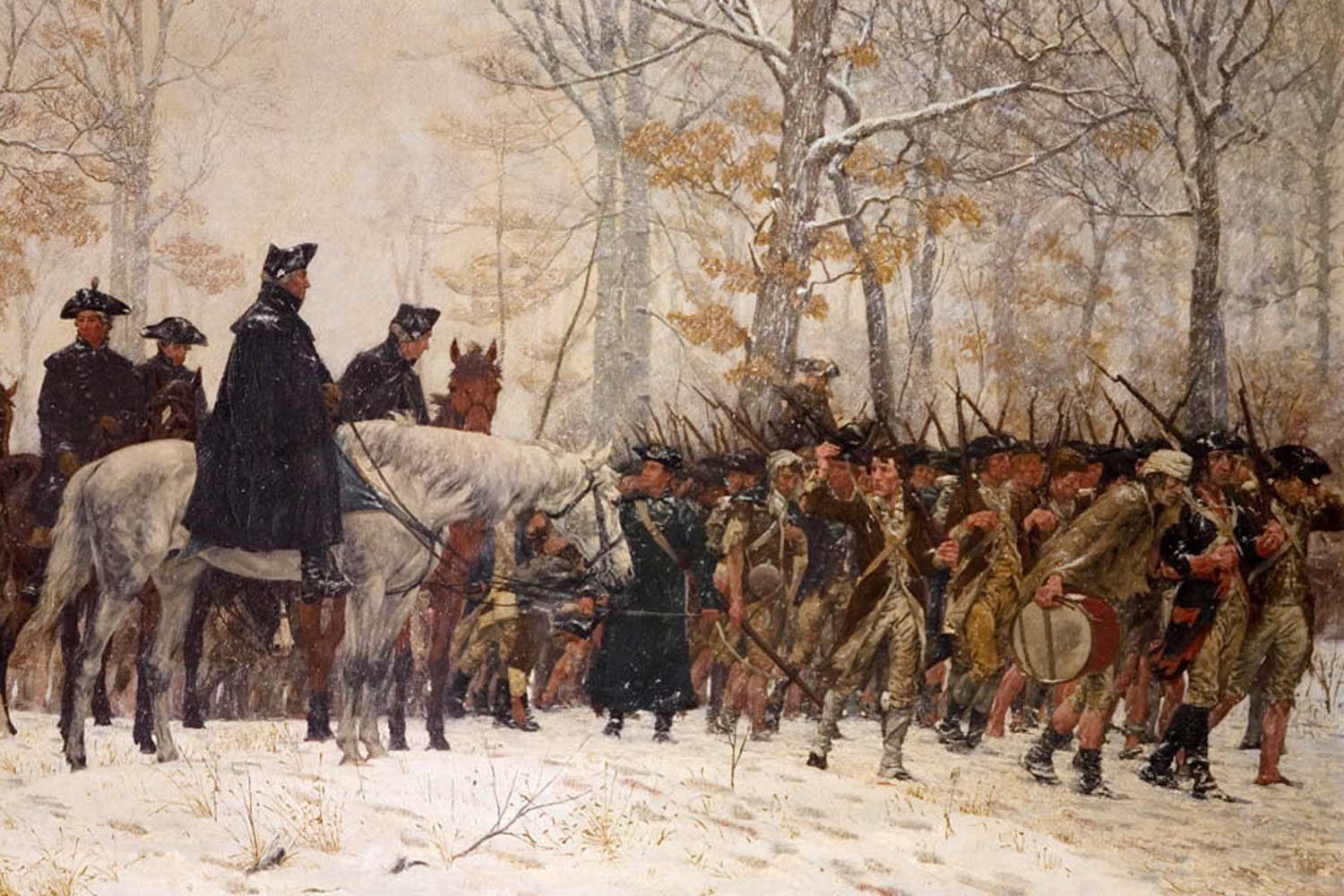
A Desperate Winter at Valley Forge
In December 1777, following the loss of Philadelphia, our nation’s capital, General George Washington moved his Continental Army to Valley Forge for the winter. It would prove to be a desperately hard winter for the soldiers, with conditions that might have broken the spirit of less determined men, but one from which the American army emerged a more professional fighting force.
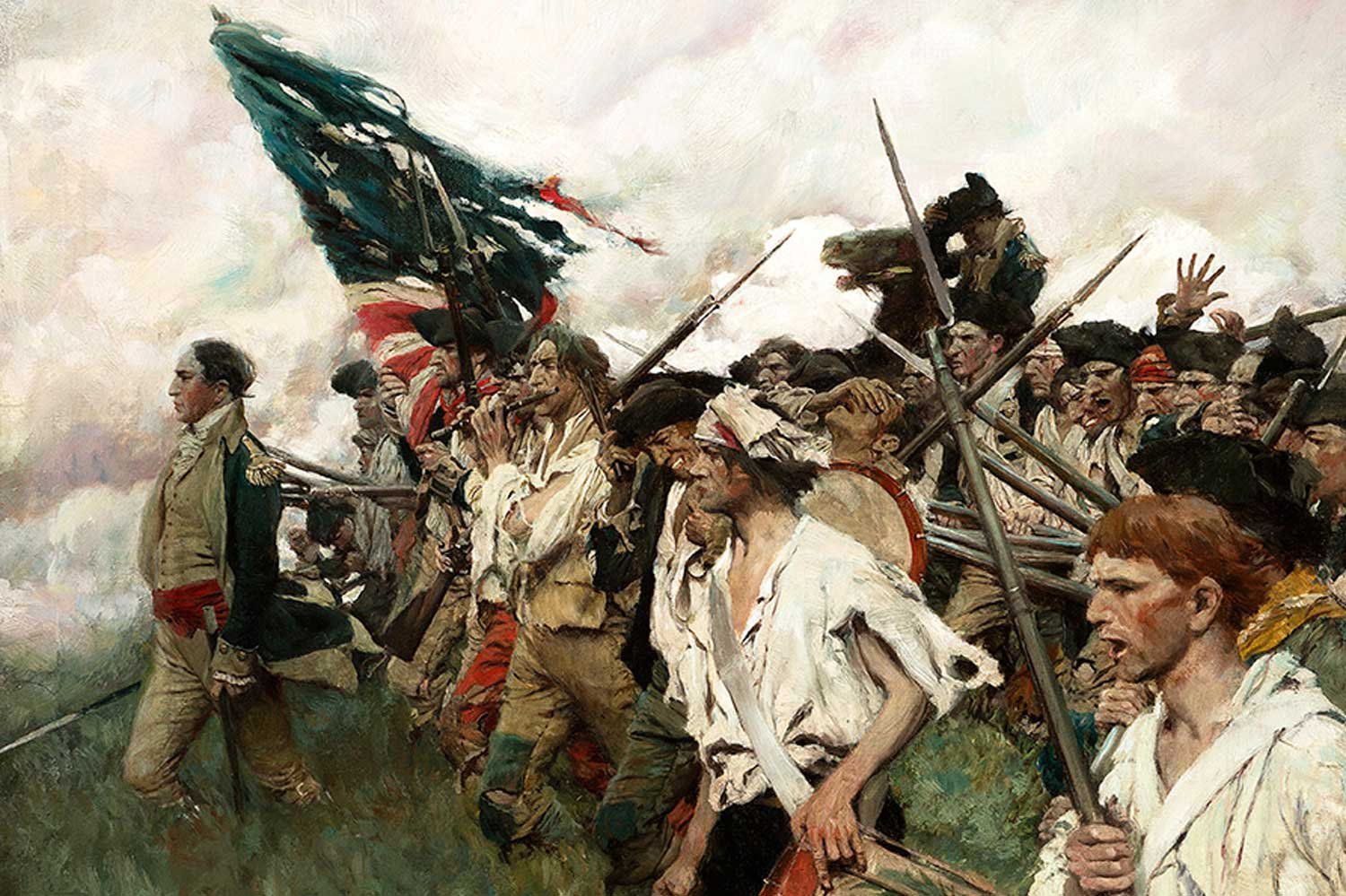
The British Capture Philadelphia
Our nation’s capital has twice been captured by a foreign army and in both cases, it was by British Redcoats. The more famous incident was the burning of Washington on August 24, 1814, during the War of 1812. However, the first occurred 37 years before that event, in 1777, when the British captured Philadelphia, the capital of newly independent United States.
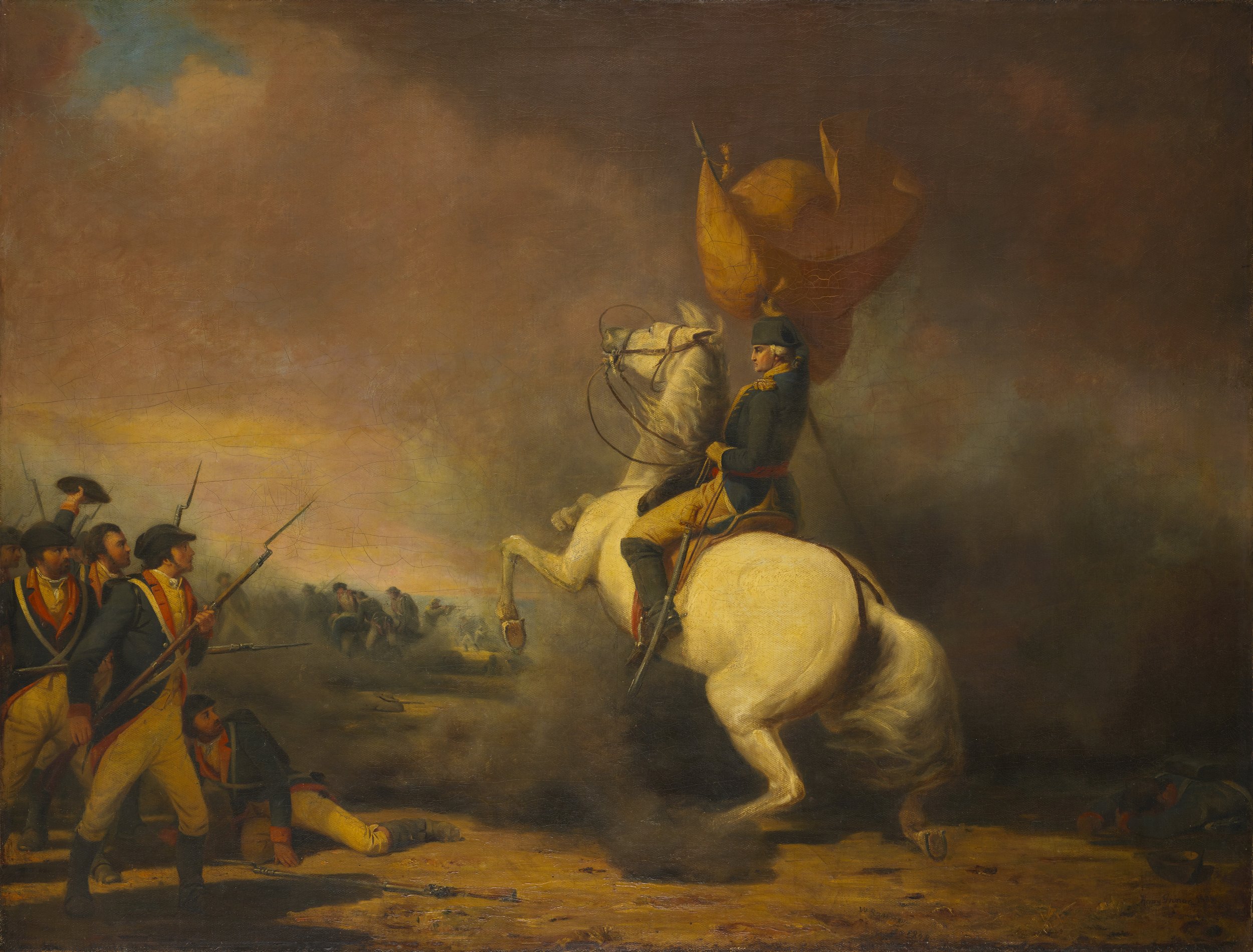
Continental Army Victorious at Princeton
General George Washington and his Continentals had achieved a great victory at Trenton on December 26, but the General saw another opportunity if he acted aggressively. On December 30, he recrossed the Delaware hoping for another miracle.
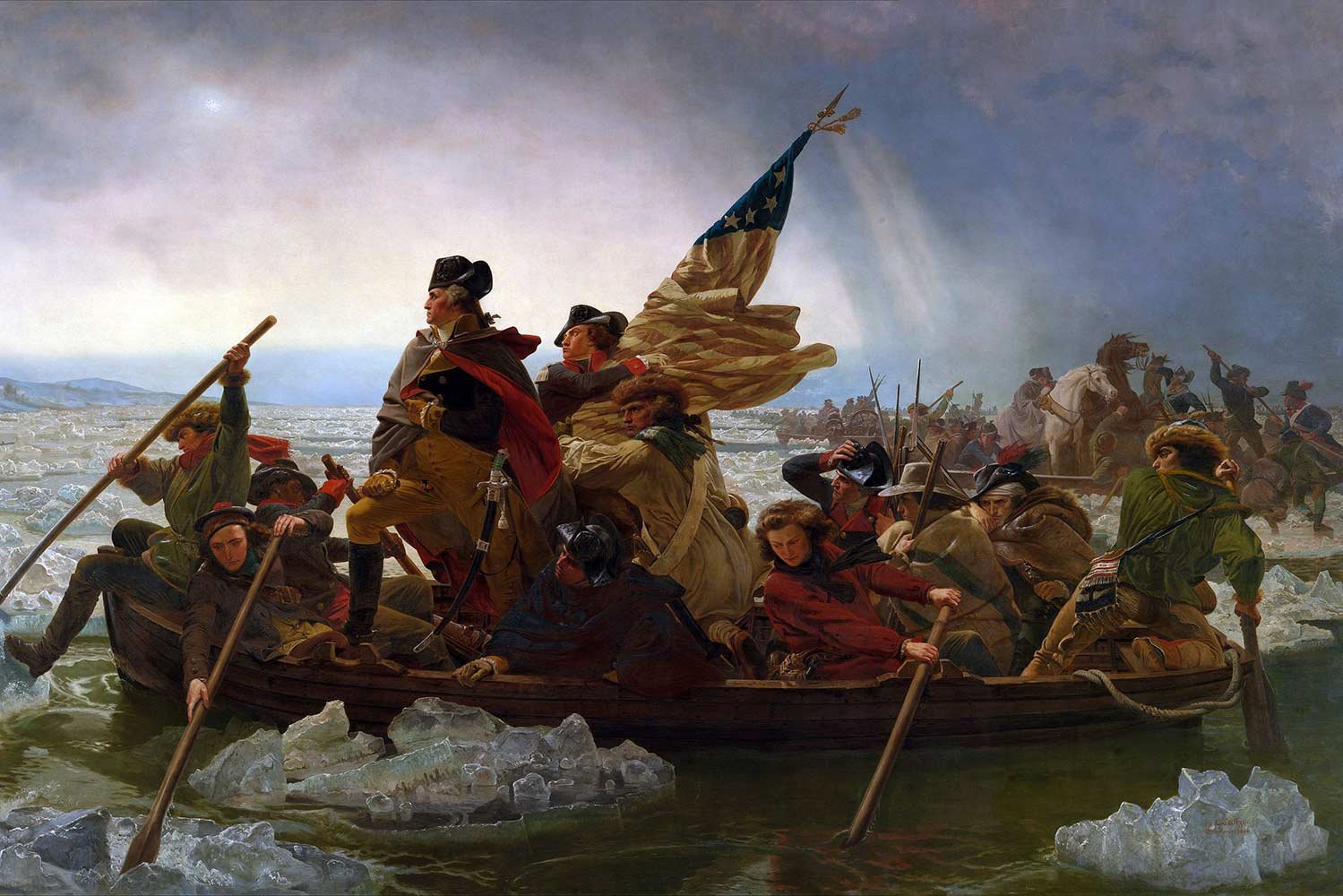
George Washington and the Crossing of the Delaware
In late December 1776, the American Revolution had reached its low point. The 16,000-man Continental Army that had driven the British out of Boston in March 1776, had lost countless battles over the course of nine months and dwindled to a skeletal force of 3,000 soldiers on the west side of the Delaware River.
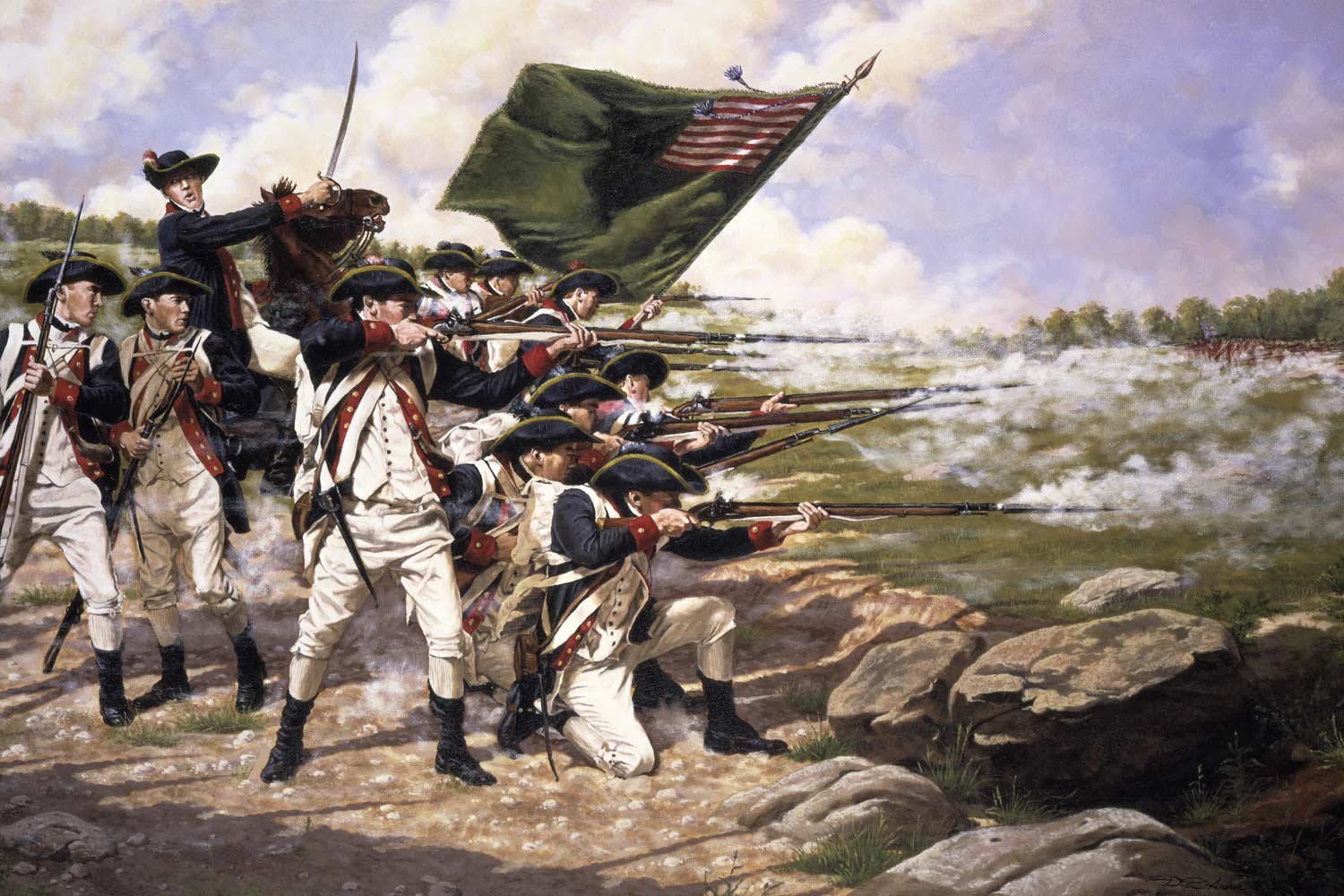
Washington and Continental Army Face Rocky Start
General George Washington formally took command of the Continental Army surrounding Boston on July 3, 1775. He immediately began to organize and train the troops and his natural aggressiveness was soon on display.
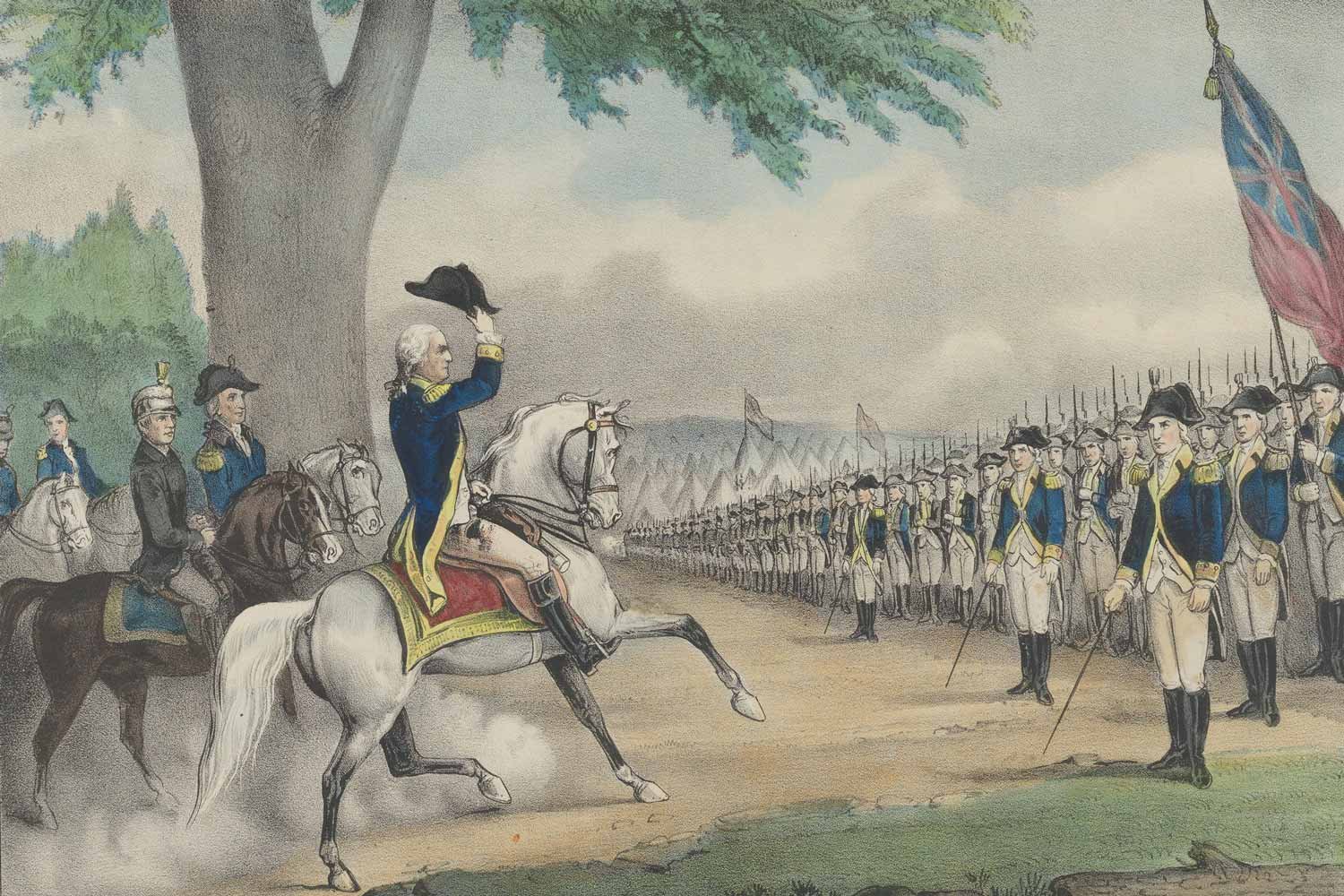
Washington Takes Command of the Continental Army
When it came to finding the right man to command the new Continental Army assembled around Boston, George Washington was the logical choice. John Adams quickly nominated Washington and Congress unanimously approved. As Adams stated, “This appointment will have a great effect in cementing and securing the Union of these colonies.”
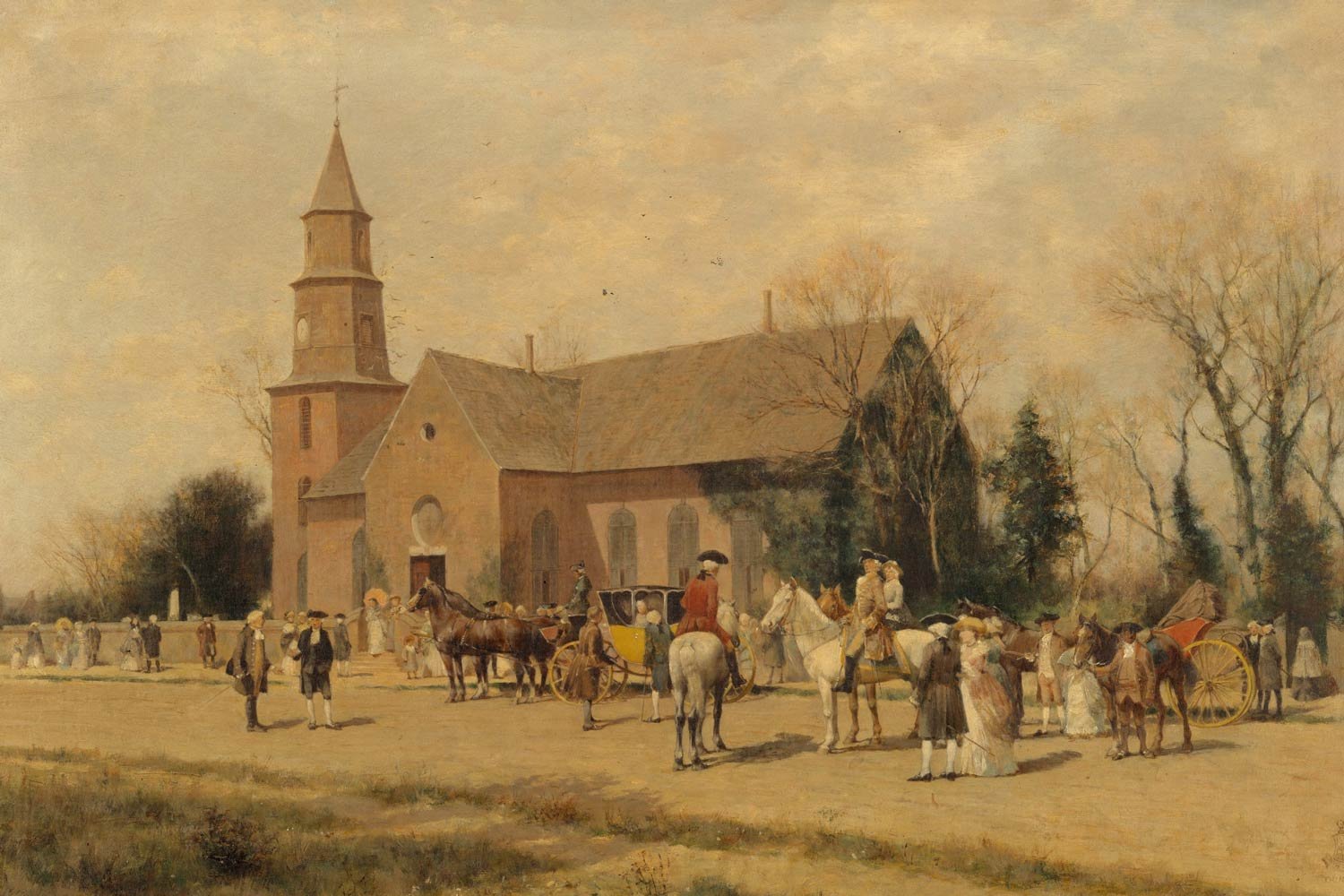
George Washington Enters Politics
As befitting a wealthy landowner in colonial Virginia, George Washington became active in the colony’s politics in the 1750s. He first ran for a seat representing Frederick County in the Virginia House of Burgesses in 1755 but lost the election. Interestingly, it was the only political race he would ever lose. Washington ran for that same seat in 1758 and was victorious, and he held this seat for seven years.
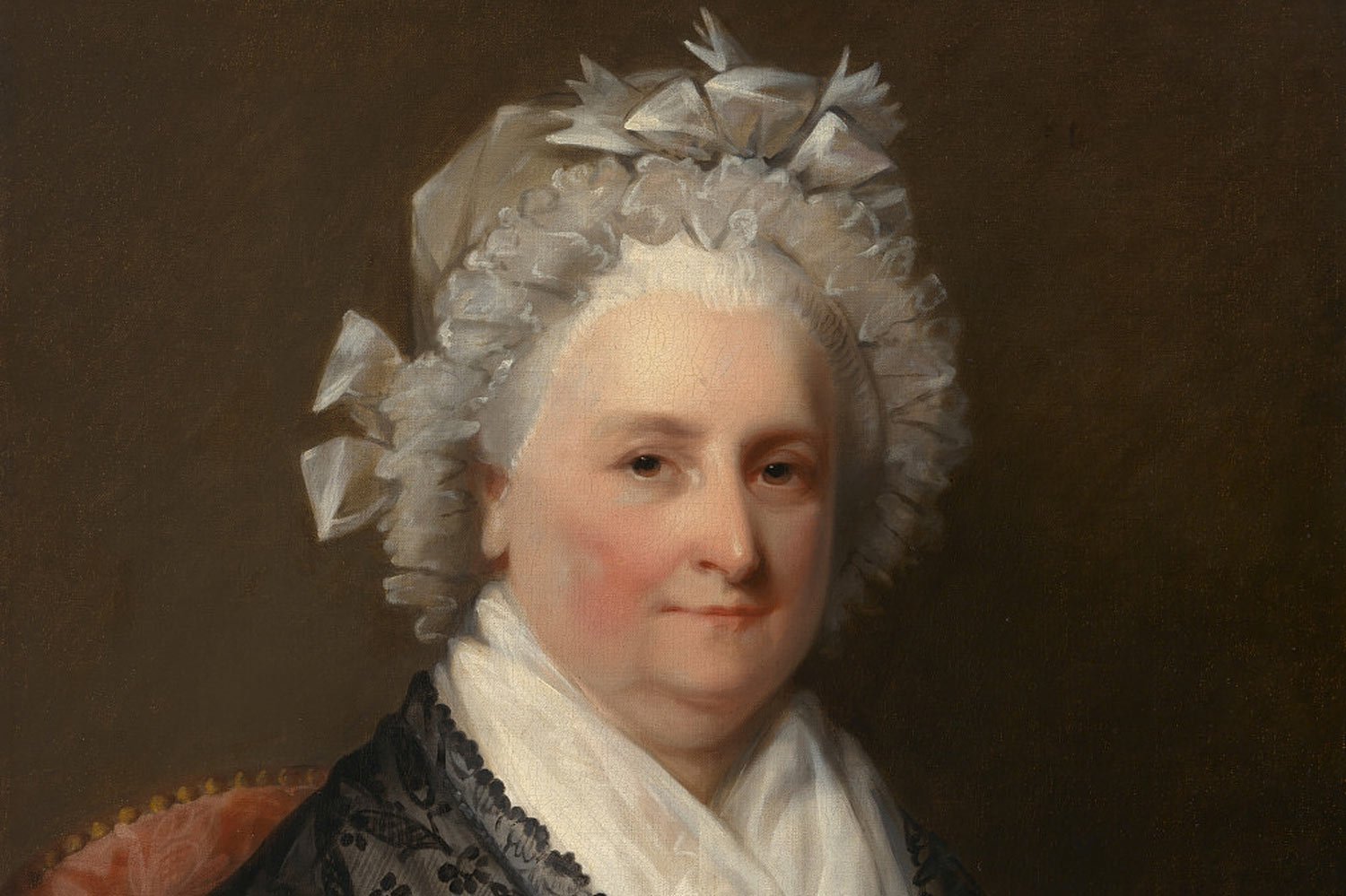
The Life of Martha Washington
Martha Washington was our nation’s first First Lady and lived in the shadow of her larger-than-life husband George. However, most Americans do not realize that she was a very capable woman and, when given the opportunity, managed her own affairs quite well.
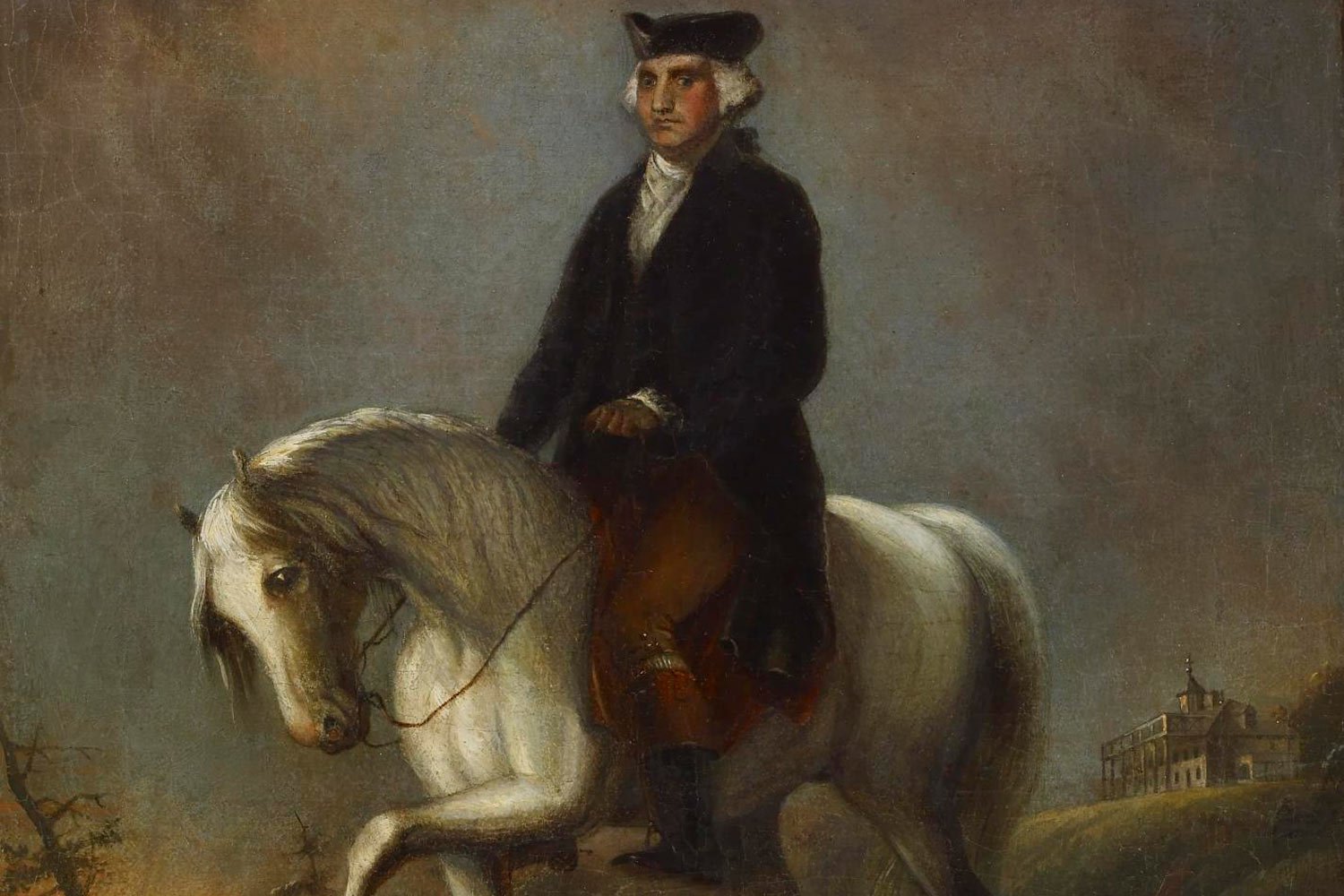
George Washington’s Life at Mount Vernon
When George Washington resigned as Colonel and Commander of the Virginia Regiment in 1758, he returned to Mount Vernon to begin his life as a gentleman planter. Although in less than twenty years Washington would be called away by his country, his time between the French and Indian War and the American Revolution was a significant portion of this great man’s life.
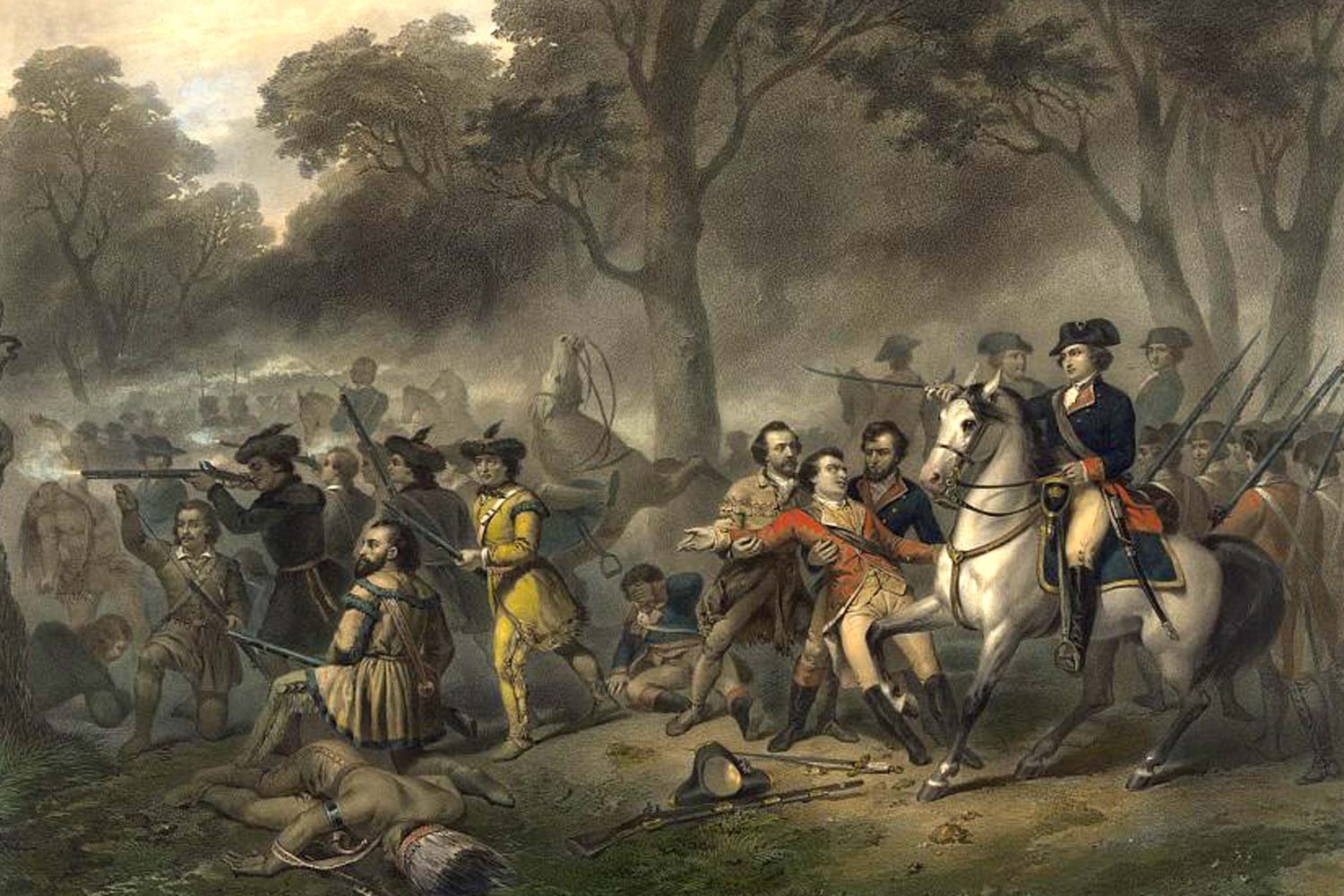
The Start of George Washington’s Illustrious Military Career
With the demise of Lawrence Washington in 1752, George Washington inherited much of his stepbrother’s property, becoming a significant landowner at the age of 20. Lawrence’s passing also opened up an Adjutant’s position in the Virginia militia that George coveted given his love of military history and desire to follow in his brother’s footsteps.
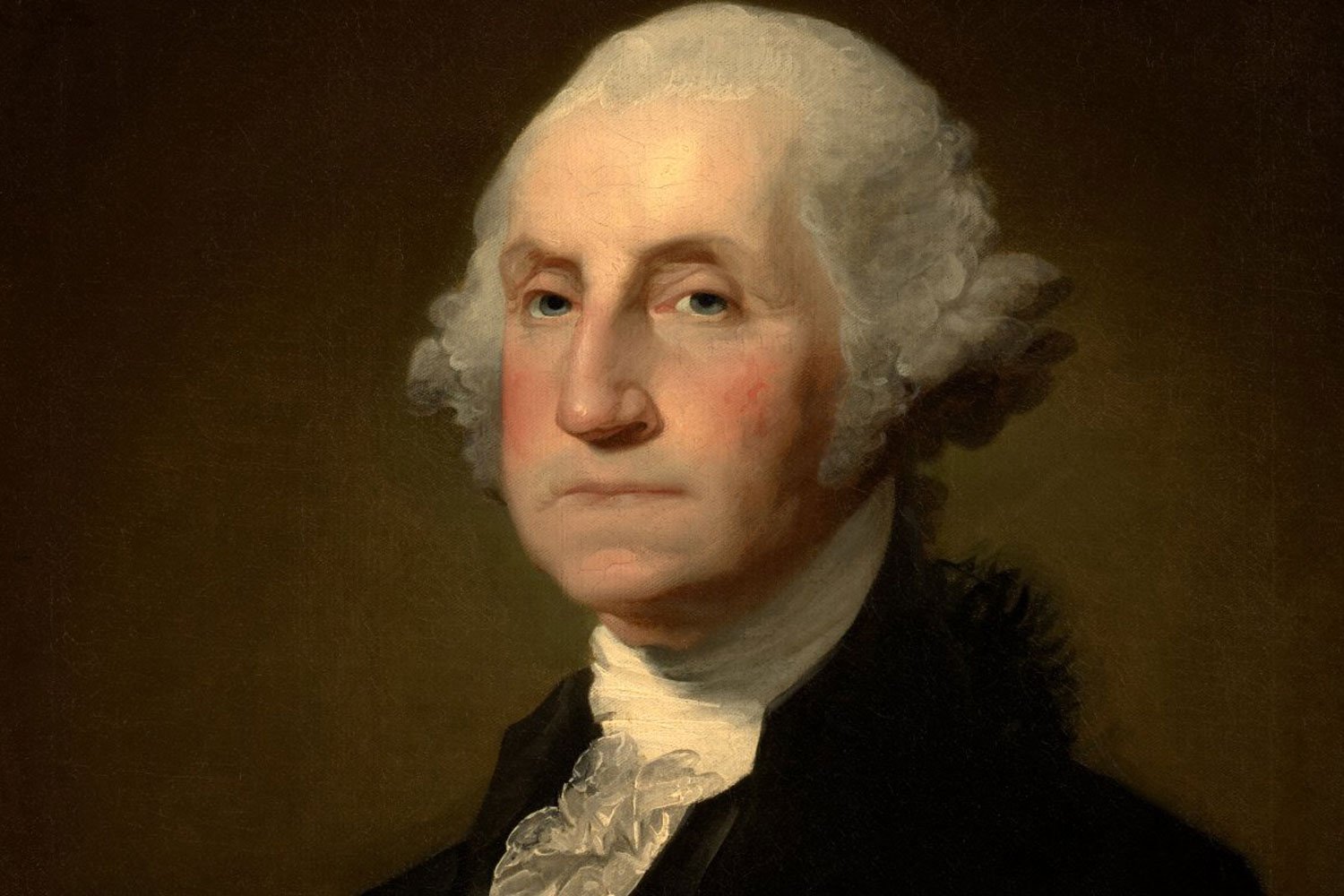
The Early Life of George Washington
George Washington is more responsible for the creation of America than anyone else in our country’s incredible history. He was the right man with the right set of characteristics and talents at just the right time. It is hard to imagine the United States could have happened without his presence.
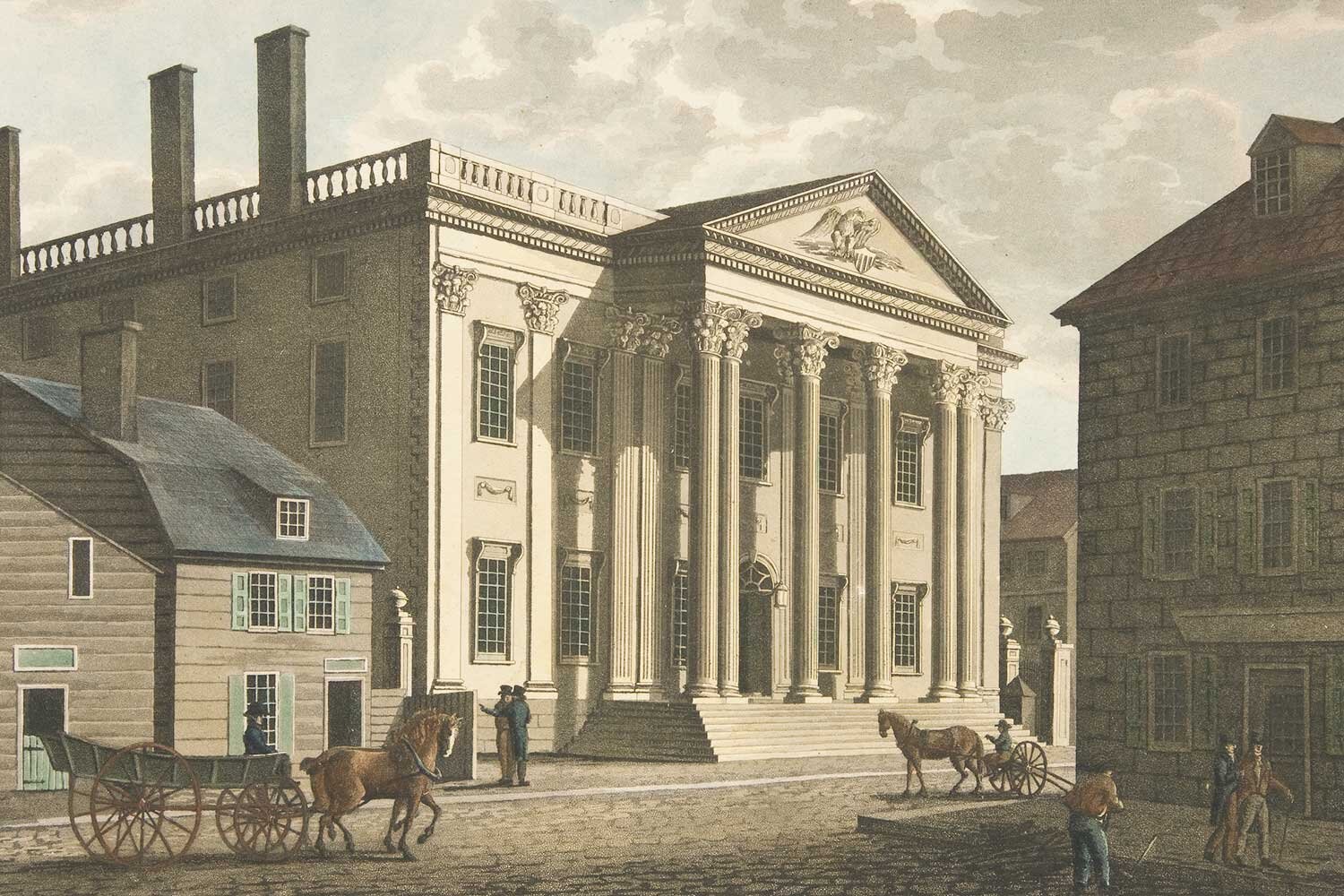
George Washington Discourages Debt and Foreign Entanglements
In his Farewell Address, President Washington shared his thoughts on several topics, including our national debt and the need for our country to remain fiscally prudent.




